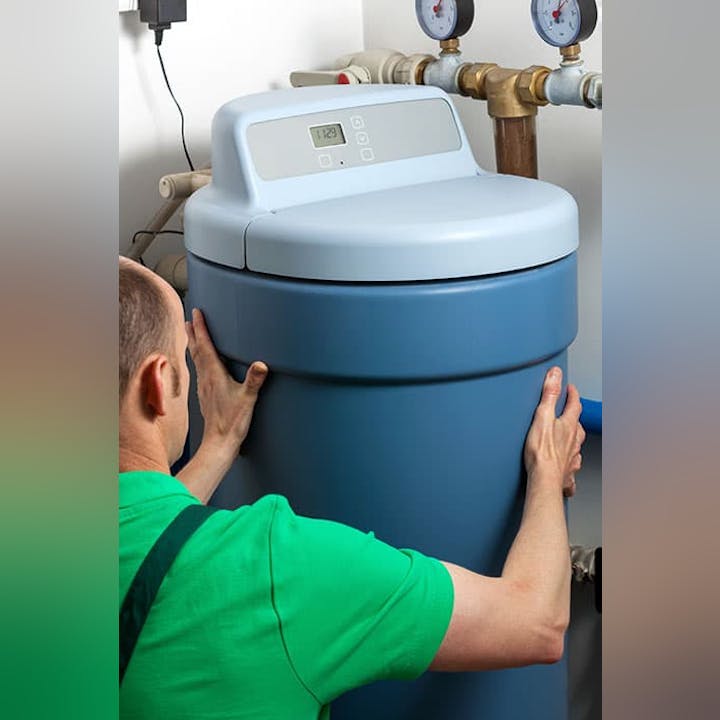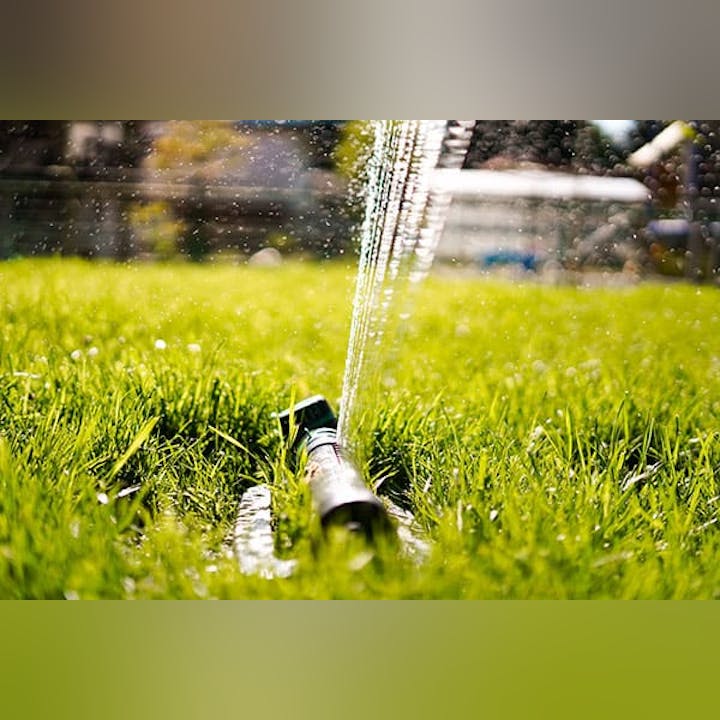Plumbing Tips

Sewer Advisement
Please be aware that our sanitary sewer system is designed to handle only three types of waste products:
- Water
- Human body waste
- Toilet Paper
Flushing foreign materials puts yourself, your neighbors, and your community at risk for costly sewer line repairs and reduces the service life of the main lines and pumping equipment, and increases the cost of maintaining the District’s sewer system. Any item that is flushed down the toilet, or poured down a sink or drain, has the potential to accumulate in the District’s sewer main causing a hefty backup. Or, objects may become lodged in the rotating impellers in the pumps used to move our wastewater to The Metro Water Recovery Treatment Plant. A sanitary sewer system overflow is as bad as it sounds. Tree roots are the leading causes of preventable backups, but everyday items will also cause problems within the system.
Large quantities of toilet paper, Kleenex, cotton balls, Q-tips, paper towels, napkins , feminine napkins, tampons, or applicators, disposable diapers, socks, underwear, pantyhose, plastic bags, brushes, washcloths, bars of soap, cigarette butts, Band-Aids, hair, rags, rubber bands, mop heads, ‘disposable’ toilet scrubbers or cleaning sheets, string, nails, coins, scouring pads, sponges, toys, wood shavings, wire, dirt, rocks, goldfish, gum, etc.
The following items, which can contribute to a gradual loss of water flow leading to a backup should not be placed down a drain: Fruit and vegetable cores or peels, live seeds, raw beans, peas, rice, corn, oatmeal, cereals, coffee grounds, tea bags. barley, pasta, pet food, kitty litter, grease, fats, oils, peanut butter, sand, paint.
Flammable liquids, toxic chemicals, hypodermic needles, over-the-counter or prescription medicine, or other products which may endanger public health or sewer workers. The Willowbrook Board of Directors appreciates your efforts in helping the District maintain a safe and efficient sewer system. Your awareness helps to keep operating costs down, as well as protecting your property and your community from costly sewer repairs.



